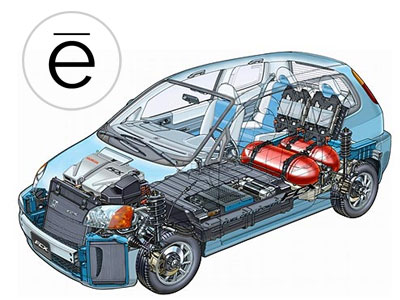In practice, although e-Mark certification and E-Mark certification appear to be the same, these two certifications are different. e-Mark certification shows that parts, systems, systems and separate technical units of motor vehicles and trailers are approved in accordance with European Union legal regulations. The E-Mark certification also shows that the components, parts, systems and separate technical units of motor vehicles and trailers are approved in accordance with the regulations established by the United Nations European Commission (ECE). As a result, the testing and approval processes of these tools and equipment are no different. Therefore, both approval systems are considered equivalent.
Motor vehicles, motorcycles and other technical components that are intended to be sold in the markets of the European Union countries must meet the basic requirements set out by the European Union directives or United Nations European Union regulations in terms of traffic safety, human health and environmental safety. For this, the products must be subjected to the necessary tests and controls and certified.
To a large extent, the E-Mark Certificate is issued by the transport sector and proves compliance with European standards. The legal availability of vehicles and equipment in the European Union depends on the fact that these products have the E-Mark Certificate. Otherwise, the use of these products is prohibited unless ECE safety approvals have been obtained for example for seatbelt fastenings, child seats and safety devices for helmets used for braking systems, headlamp systems or motorcycles and do not have the E Mark mark on them.
TÜRCERT Technical Control and Certification Inc. checks the components, parts, systems and separate technical units of the motor vehicles to be introduced to the market in compliance with the regulations of the European Union Commission, the legal regulations in force in our country and the European Union security standards and issues an E Certificate if deemed appropriate .



